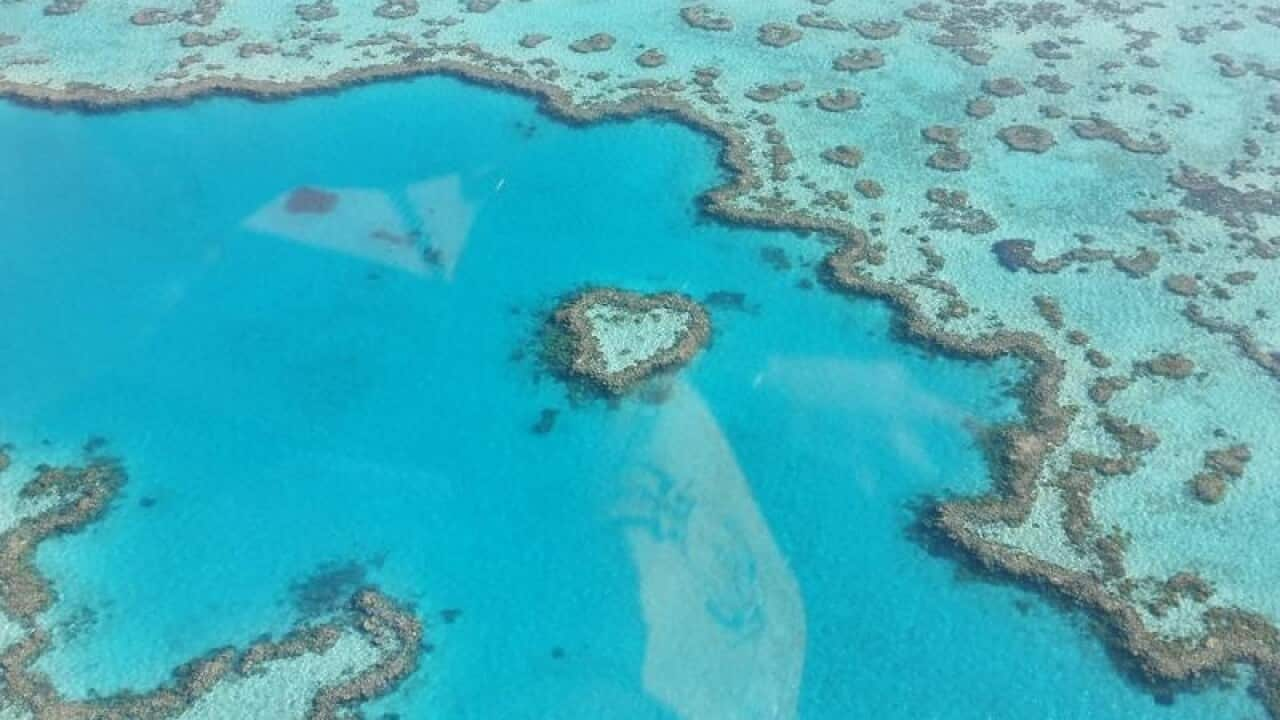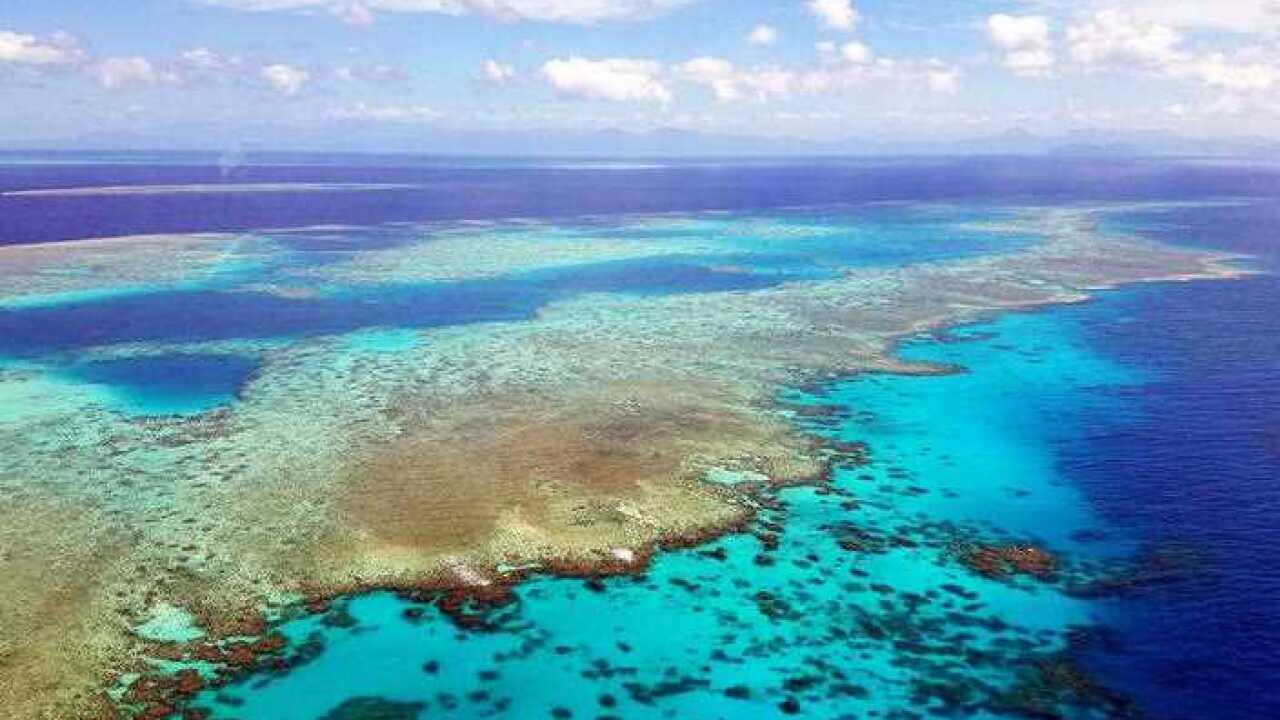The latest report into the health of the Great Barrier Reef has found a steep decline in coral health, separate from recent bleaching events.
The Australian Institute of Marine Science released its annual report this week showing median coral cover in the central section of the reef had declined from 22 per cent in 2016 to 14 per cent in 2017/2018.
The report also found the northern section of the reef had the lowest median coral cover on record.
And because the individual sections of the reef are only reviewed by AIMS every two years, that finding didn't take into account the major coral bleaching event in 2017, nor the effect of tropical cyclone Debbie.
"It is unprecedented in the 30-plus year time series that all three regions of the GBR have declined and that many reefs have now very low coral cover," the report reads.
Imogen Zethoven from the Australian Marine Conservation Society says the report is the latest in a long line of scientific evidence that the reef is suffering from the effects of climate change.
How many times does the alarm bell have to ring before the government takes action? Imogen Zethoven
She's urged the federal government to do more to preserve the reef before it's too late.
"How many times does the alarm bell have to ring before the government takes action?"
"The Great Barrier Reef supports 64,000 jobs, they need to be protected, and to protect them, we need to see action on climate change."
Ms Zethoven said while there was no coming back from major bleaching events in 2016 and 2017, the government could preserve the reef into the future if it took action soon.
The federal government announced last month it would spend $500 million to help restore and protect the reef in the coming years, including improving water quality.


